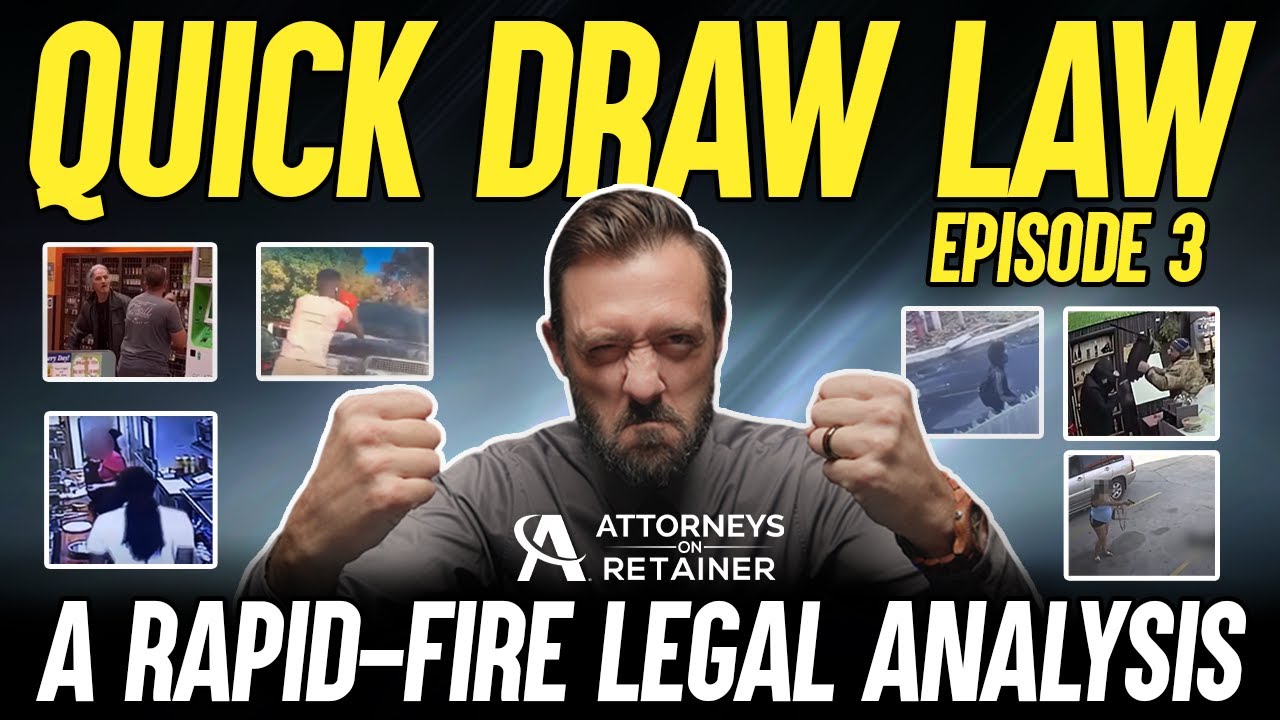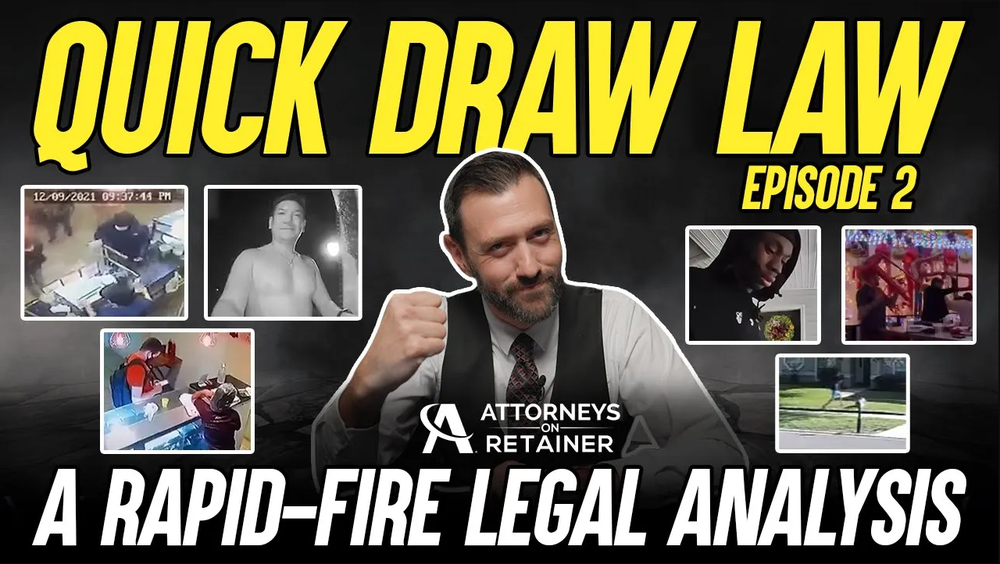Arizona Police Officer Fatally Shoots Unarmed Man: Legal Analysis by Brittany LaBerry and Rachel Moss
Featuring Attorneys Brittany LaBerry and Rachel Moss
October 28, 2024
An incident in Prescott, Arizona, involving the shooting of an unarmed individual, Daniel Leslie, by Officer Brian Sutton, has sparked widespread discussion. Criminal defense attorneys Rachel Moss and Brittany LaBerry take a closer look at the case, analyzing body-worn camera footage and assessing whether the officer’s actions were legally justified under Arizona law.
“Leslie should have stopped when the officer told him to stop. However, does that justify the officer using deadly physical force? I don’t think so for a few reasons.”
– Attorney Moss
Case Overview
Officer Sutton and another officer responded to Mr. Leslie’s residence to follow up on a domestic violence incident reported the day before. According to the police, Mr. Leslie had allegedly forced entry into the RV and threatened to slit his girlfriend’s throat. When officers initially responded, Mr. Leslie fled the scene.
The next day, officers located Mr. Leslie in the driveway. He appeared to comply with commands to step away from the vehicle, but his unseen hands raised officer safety concerns. At some point during the exchange, Mr. Leslie invoked his Fifth Amendment right and declined to answer further questions. He then began moving toward the residence. Officer Sutton told him not to enter the home, but before Officer Sutton could finish his warning, he fired multiple shots, killing Mr. Leslie.
Legal Framework – Tennessee v. Garner
The attorneys acknowledge that while Mr. Leslie should have followed the officers’ instructions, Officer Sutton had no legal justification to use deadly force simply because Mr. Leslie attempted to enter his home. They reference Tennessee v. Garner, a landmark Supreme Court case that provides guidance in analyzing the legality of the shooting. In the Garner case, the Court ruled that deadly force may only be used if it is necessary to prevent a suspect’s escape and if the suspect poses a significant threat of death or serious physical harm to the officer or others.
The attorneys agree that the first condition may apply because Mr. Leslie was moving away and appeared to be attempting to leave the scene. However, they argue that the second condition was not met. Mr. Leslie was reportedly unarmed and did not present an immediate threat to the officers or others at the time he was shot.
Arizona Revised Statutes
The attorneys also reference the Arizona Revised Statutes (A.R.S.) § 13-410, which outlines when law enforcement’s use of deadly force is justified. Under Arizona law, law enforcement officers can utilize deadly force in the following situations:
- To defend oneself or others from the imminent use of deadly physical force.
- To prevent the escape or arrest of someone who has committed a felony involving a deadly weapon.
- To prevent the escape of someone who is attempting to flee by use of a deadly weapon.
- To prevent the escape of someone the officer knows is a person likely to endanger human life or inflict serious bodily injury on another.
According to the attorneys, none of these conditions were met in this case. They argue that there was limited history to suggest Mr. Leslie was a danger, and while officers could point to the prior day’s domestic violence allegations, no violent behavior had occurred between then and the time of the shooting. As such, they contend that Officer Sutton’s use of deadly force was not legally defensible under either federal precedent or Arizona state law.
Rising Civil and Criminal Implications
Mr. Leslie’s family has filed a civil lawsuit against Officer Sutton and the Prescott Police Department. The attorneys believe the family has a strong case, largely due to what they view as a clear lack of legal justification for the shooting. Regarding the criminal investigation, the case is under review by the Maricopa County Attorney’s Office, despite the incident occurring in a neighboring county. The attorneys suggest that charges against Officer Sutton could range from negligent homicide to manslaughter.
While both attorneys ultimately conclude that this was a bad shoot, they also acknowledge the difficult reality that officers are often required to make split-second decisions in high-pressure situations. Ultimately, they say, the case hinges on whether Officer Sutton’s actions were reasonable under the circumstances.
Attorneys For Freedom is the only law firm nationwide dedicated to representing self-defense cases. If you are interested in learning more about our Attorneys On Retainer Program (AOR), please visit attorneysonretainer.us or call us at 866-404-5112.



